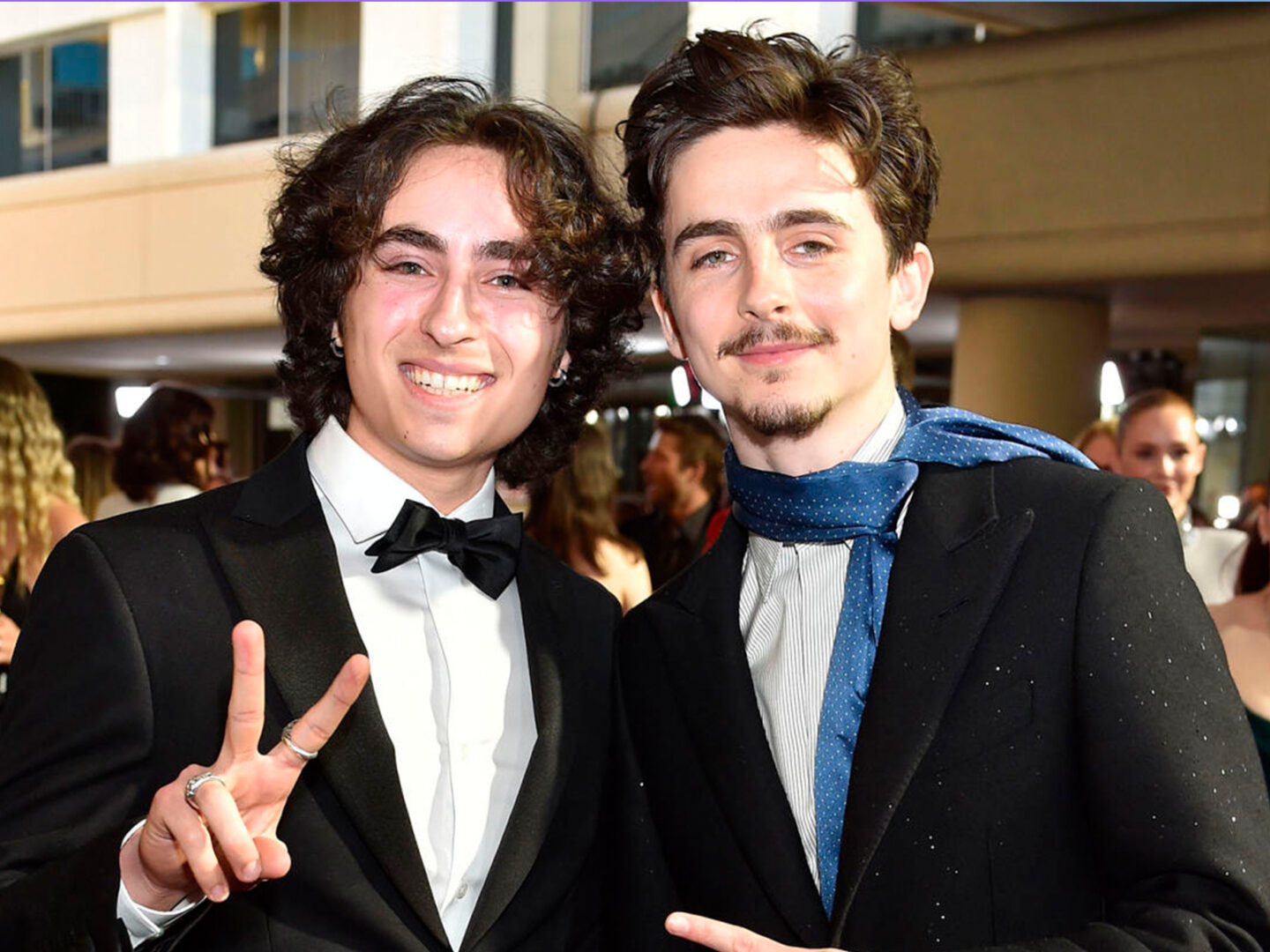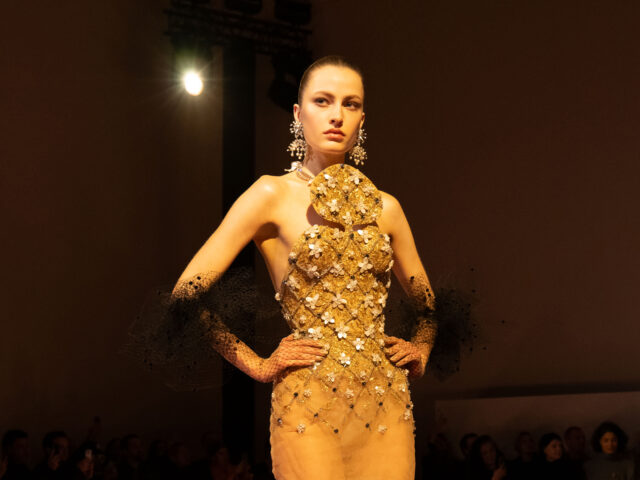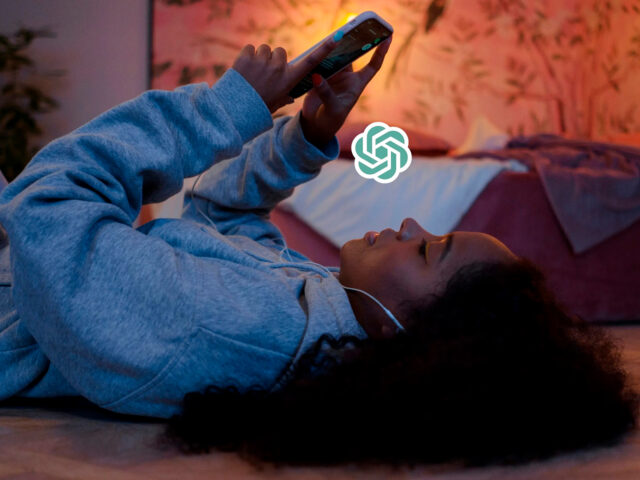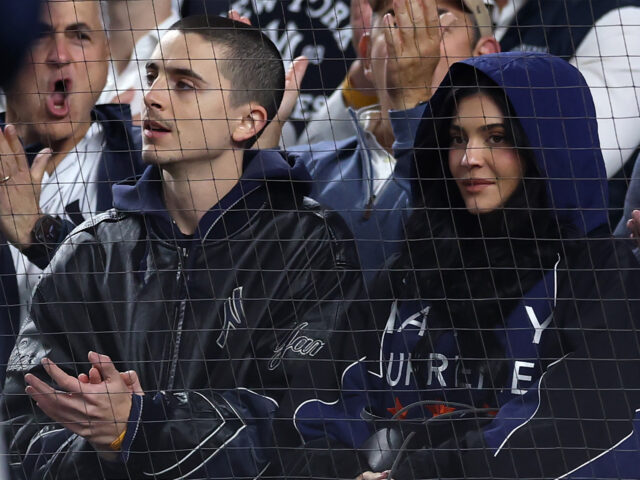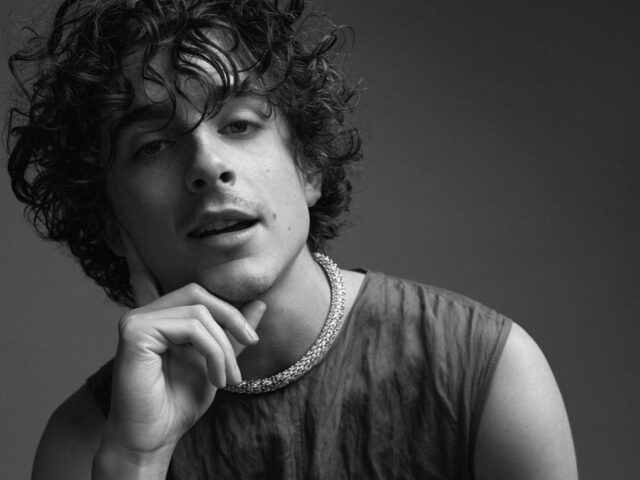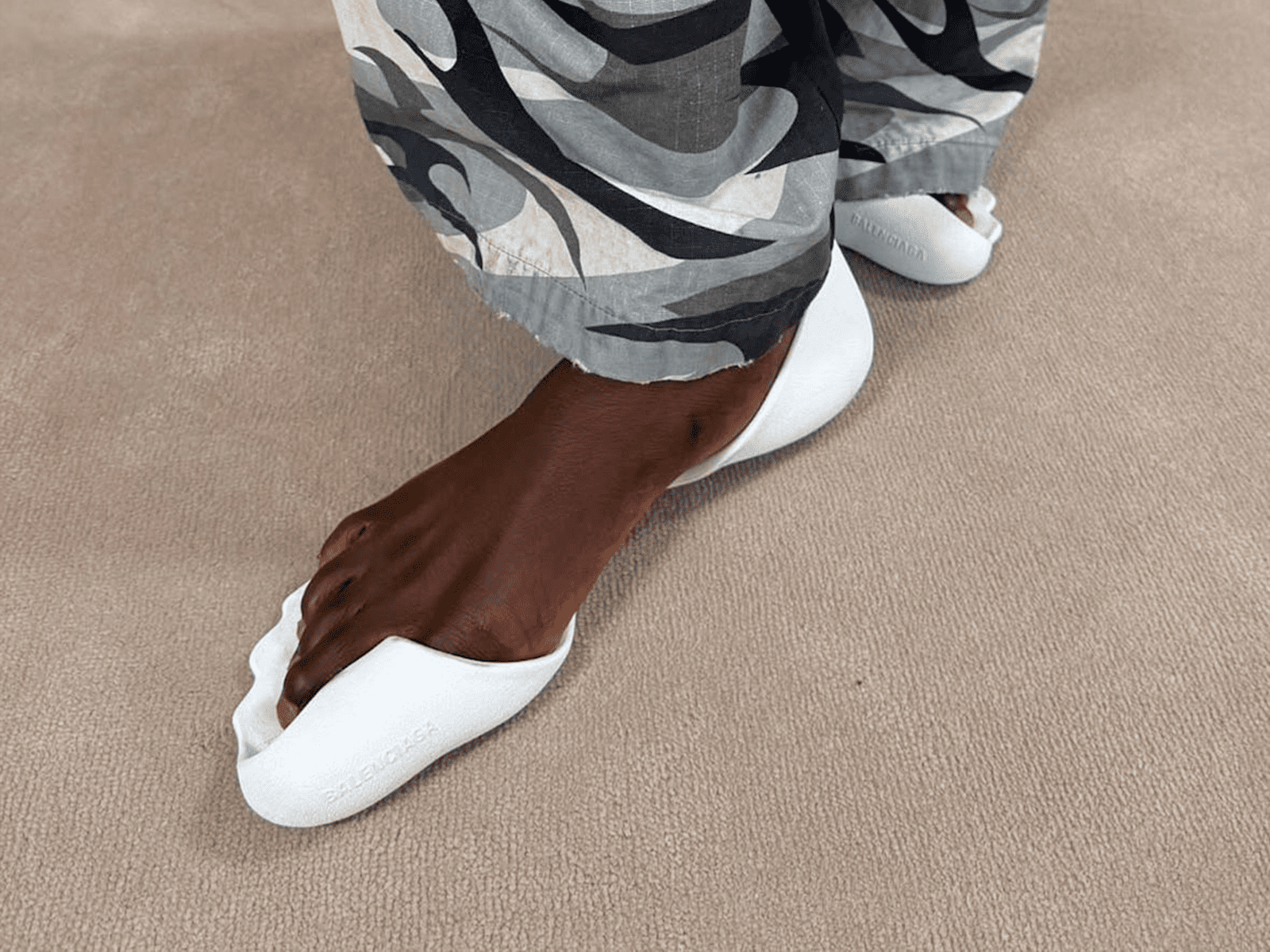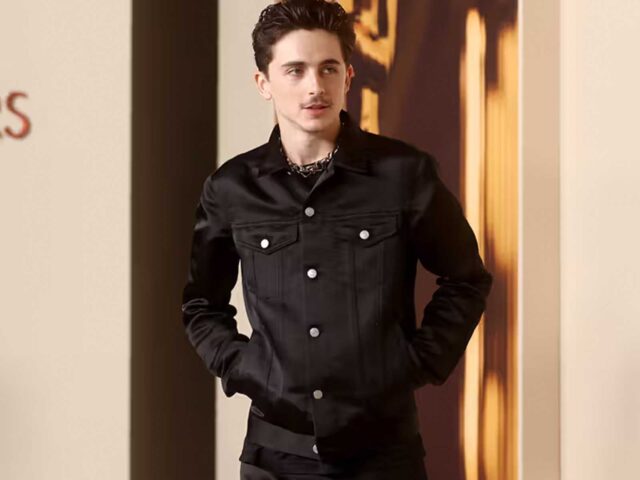Look-alike contests became a cultural phenomenon in the last quarter of last year. These events, in which participants compete for their physical resemblance to famous figures, have invaded the networks, highlighting the existence of a society deeply influenced by celebrity, and the search for recognition. Timothée Chalamet and Glen Powell’s titular dopplegangers even made it to this year’s Golden Globes to make an appearance. But what’s behind this obsession – will it continue to take over the internet?
Although it might seem trendy now, doppleganger contests have a history dating back to the 20th century. A curious example is the case of Charlie Chaplin, who in 1921 participated in a contest of impersonators of himself and surprisingly did not win, taking second place. So even a century ago, there was a fascination with emulating iconic figures. However, technology and social media have changed the game, making the mere act of looking like a celebrity an easy way to gain notoriety and even income.
In the age of social media, look-alike contests have become truly global viral phenomena. Platforms like TikTok and Instagram have democratized impersonation, allowing anyone to share their version of a celebrity with global audiences. Videos of high-profile participants often go viral, reaching millions of views and, in some cases, opening avenues to monetize that content. The ease of access and massive reach have turned these contests into more than just a hobby; for many, they are a strategy to gain visibility and, potentially, transform their lives.
And this 2024 has witnessed competitions that have captured the attention of millions of people around the world: from Timothée Chalamet’s lookalike contest in New York to Rosalia’s in Paris, or the one dedicated to Jeremy Allen White in Chicago. In short, all these events have been a new reflection of the fascination with celebrity culture and the impact of social networks on the perception of what is “cool”. Looking like a famous figure can be a shortcut to fame; being a celebrity lookalike opens doors in the entertainment industry. Just look at the case of Timothée Chalamet and Glen Powell’s dopplegangers, who made an appearance at this year’s Golden Globes.
Winners of these contests can find opportunities as stunt doubles in audiovisual productions, in advertising campaigns or even become micro-influencers with collaborations with brands that want to take advantage of the reach of their likeness.
However, it is also questioned whether all this phenomenon is promoting the development of talents or simply reinforcing the idea that being someone similar to is more valuable than being oneself. In addition to being a new way of relying on external validation by grabbing attention for the mere fact of looking like someone famous. On the one hand, look-alike contests function as a tribute to iconic pop culture figures, and a new way to connect with them in community. But on the other, they raise questions about the values we promote as a society: Are we too focused on quick recognition? Is it better to look like someone well-known than to stand out by being yourself?
And, most importantly: Will the look-alike contest fever continue to grow this new year?
Sigue toda la información de HIGHXTAR desde Facebook, Twitter o Instagram
You may also like...
